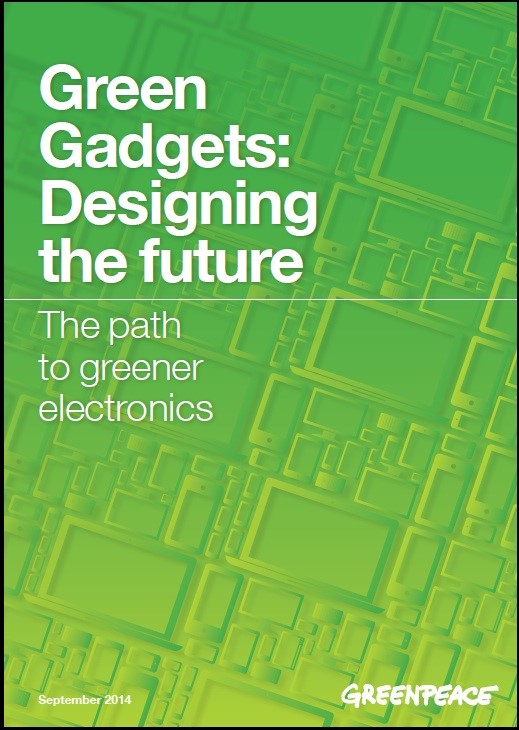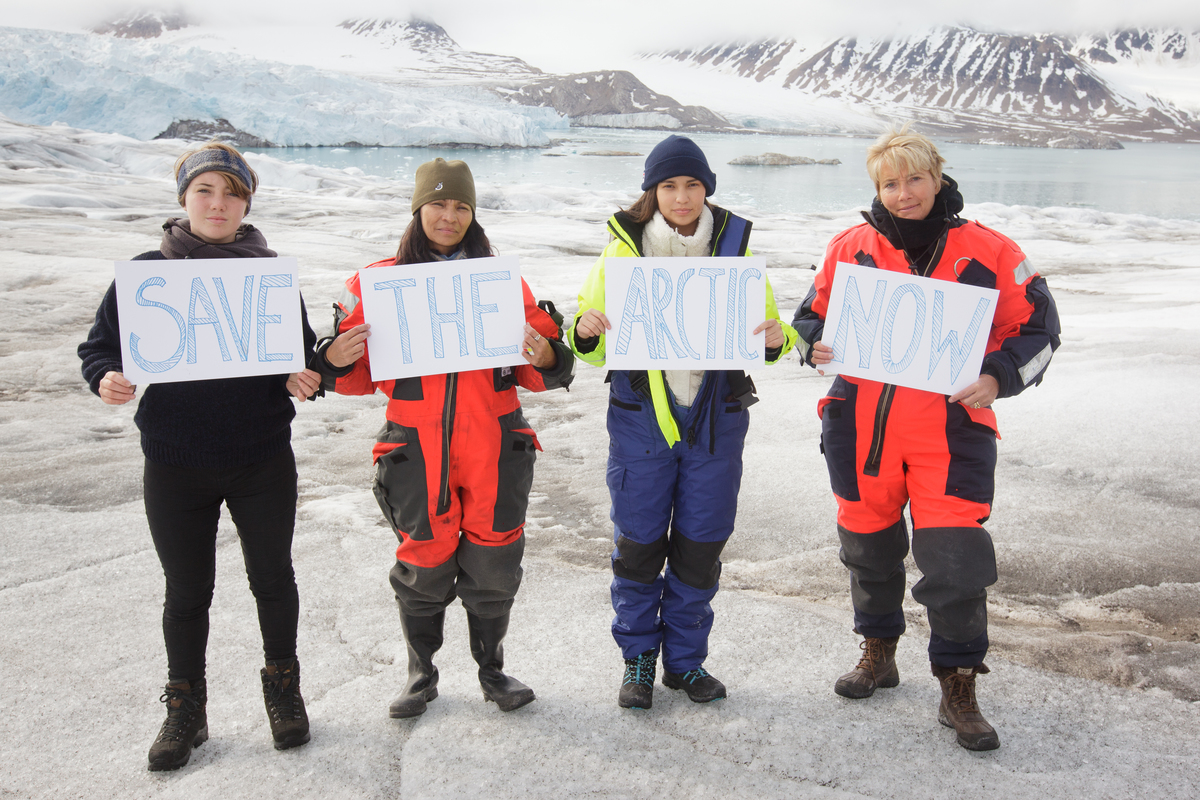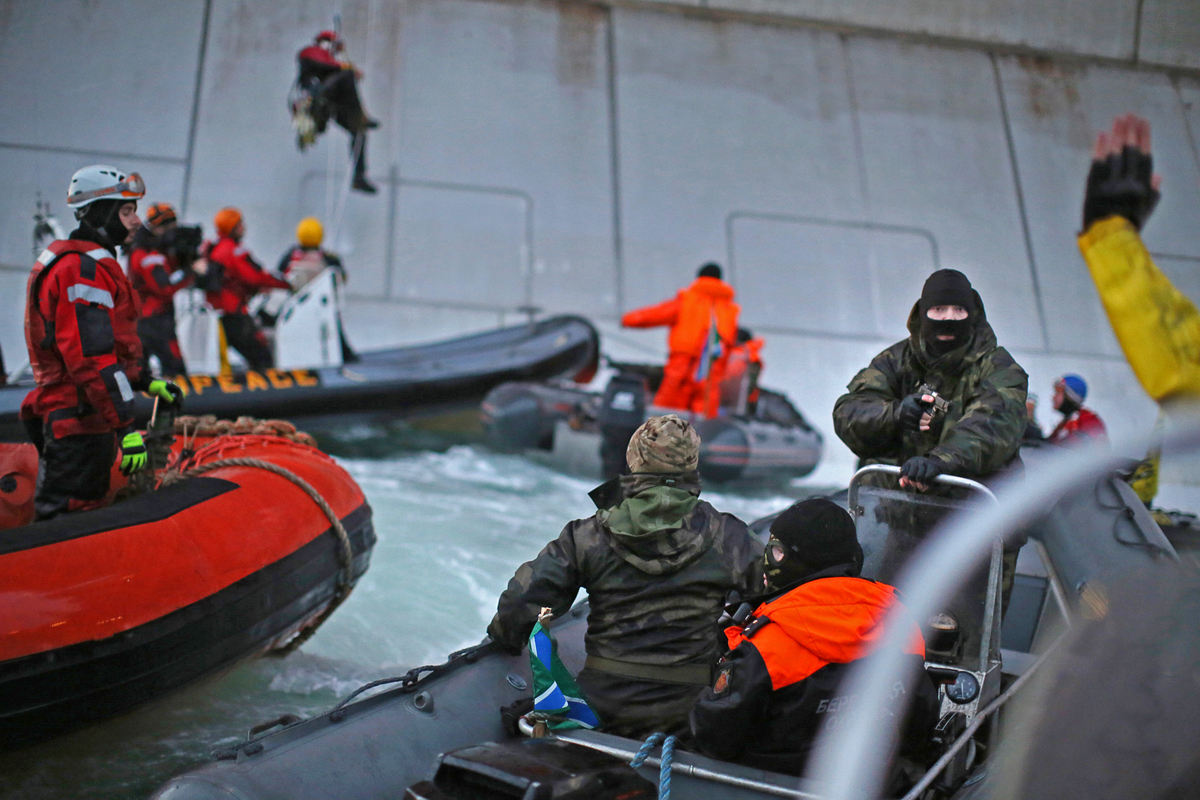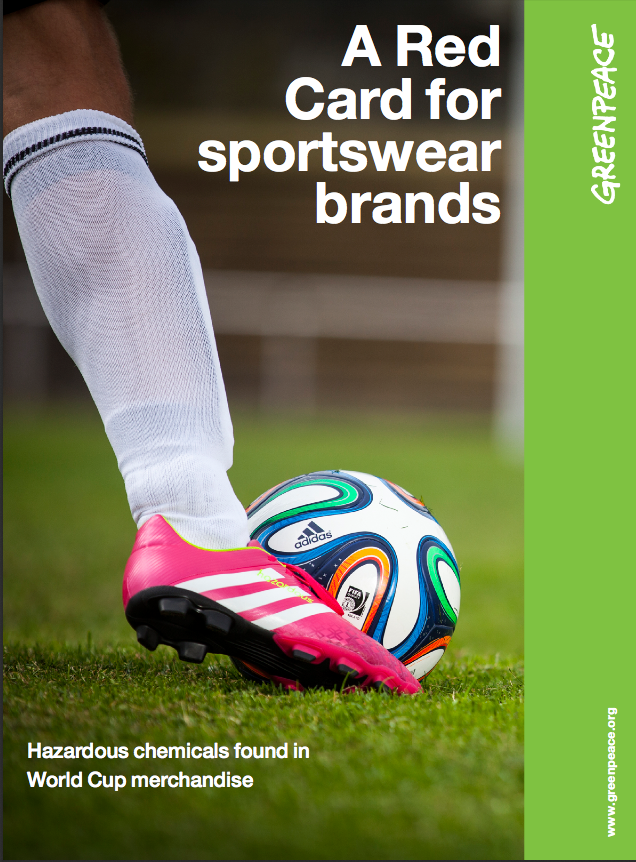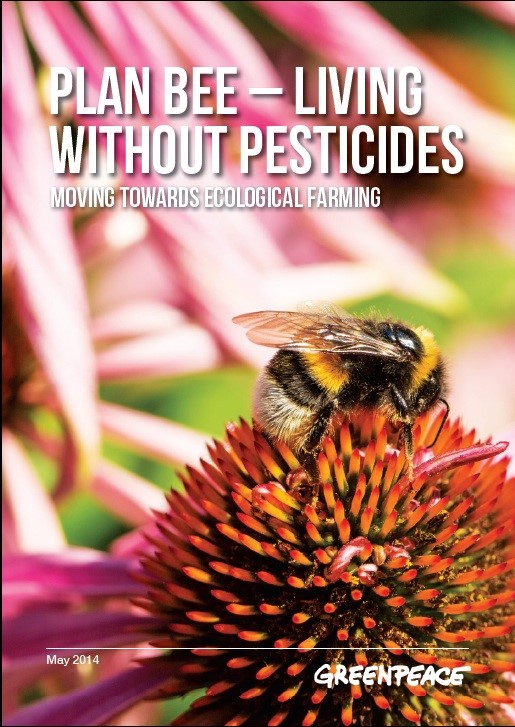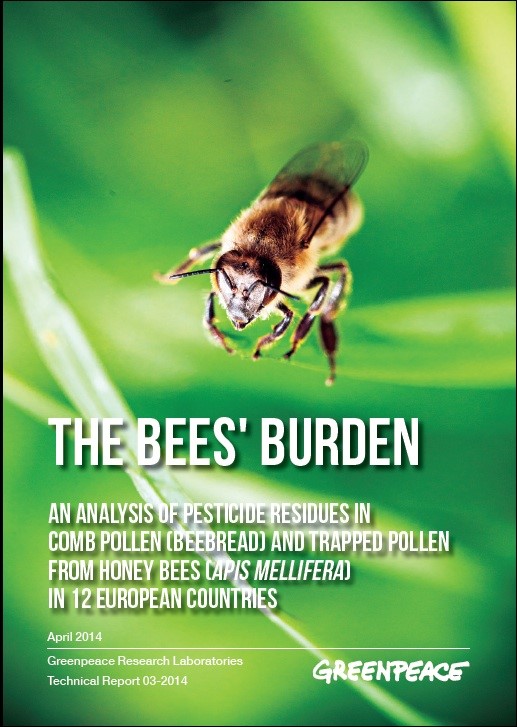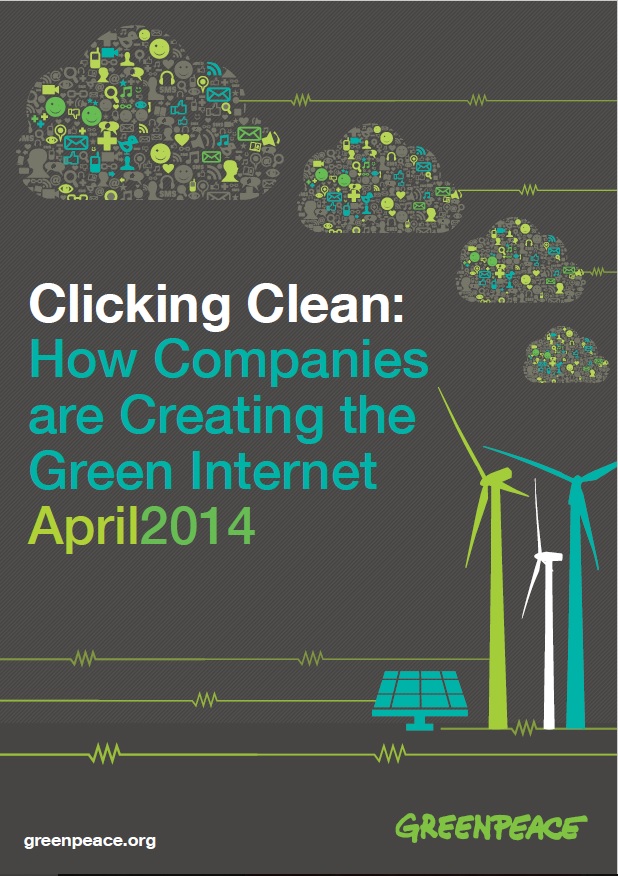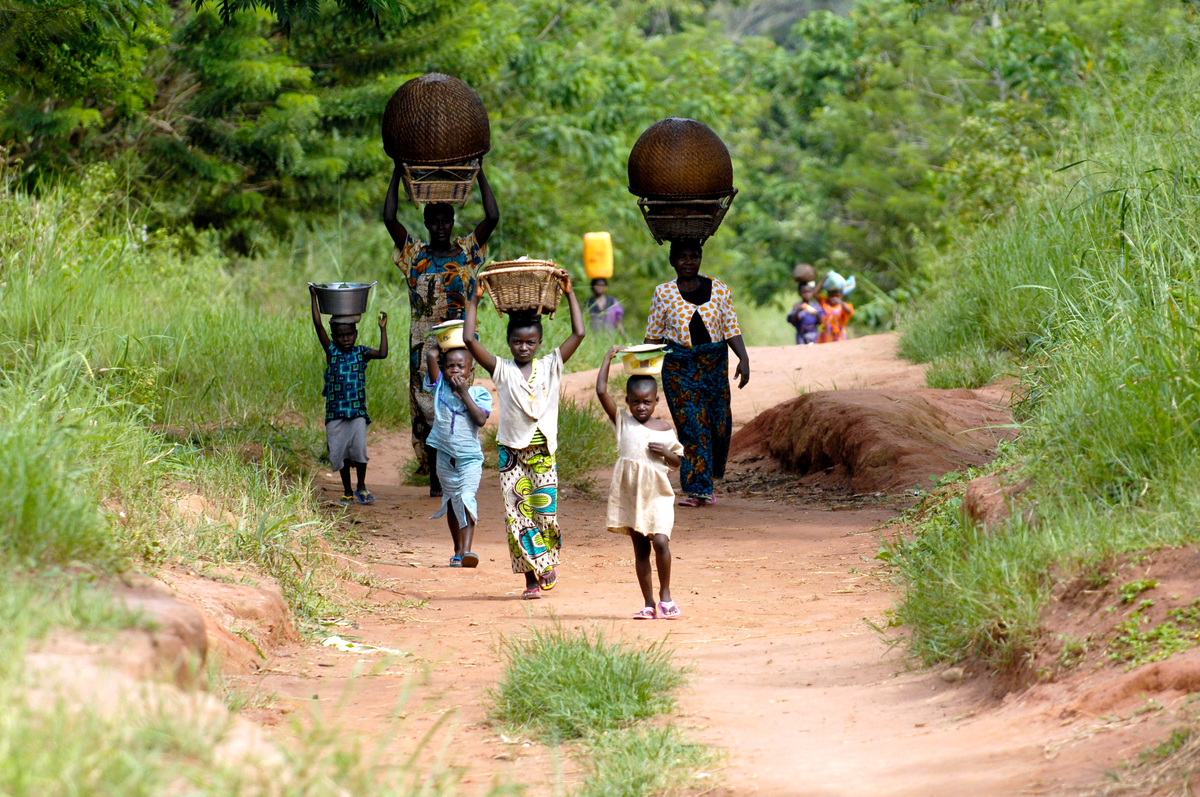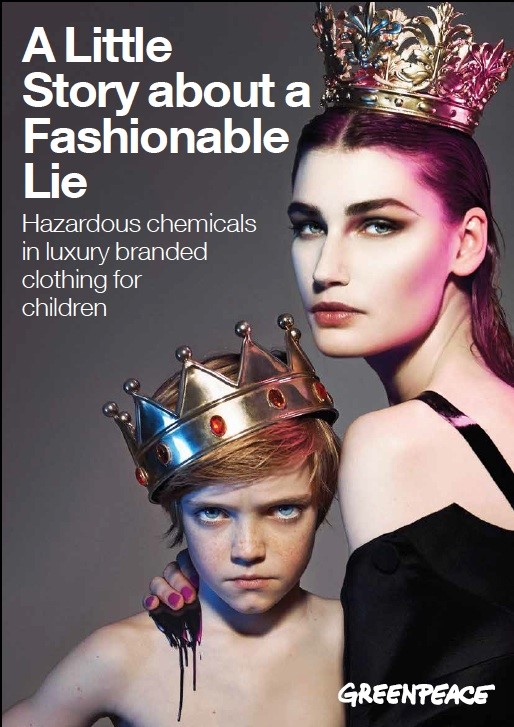-
Green Gadgets: Designing the Future
Today, more and more people around the world rely on laptops, phones and tablets as an essential part of their everyday lives. However, the rate at which they purchase and discard these devices is having a serious impact on our planet.
Greenpeace International2 min read -
Emma Thompson and daughter join Greenpeace ship on voyage to protect the Arctic
London, 1 August 2014 - Actor Emma Thompson and her 15-year-old daughter Gaia Wise will sail aboard a Greenpeace ship in August to raise awareness of the melting Arctic environment. The Harry Potter and Nanny McPhee star will join a Greenpeace crew aboard the activist ship Esperanza as it visits polar bear habitats, scientific research…
Greenpeace International2 min read -
Are you being SLAPPed? How corporations and governments try to silence public debate
The lawyers at Greenpeace International are a creative, dedicated team who tackle a wide range of duties. Part of our work is preparing legal strategies and defence for cases against Greenpeace International. We also monitor legal cases in which other Greenpeace organisations worldwide are involved. As a member of this team it gives me a…
Karianne Bruning4 min read -
A Red Card for sportswear brands
This study follows on from several previous investigations published by Greenpeace as part of its Detox campaign, which identified that hazardous chemicals are present in textile and leather products as a result of their use during manufacture. This is the first study that has specifically focused on football kit; the products bought were all manufactured…
Greenpeace International1 min read -
Plan Bee – Living Without Pesticides
The drastic decline of wild and managed bee populations recorded in recent years in Europe and North America is alarming given our reliance on these insect pollinators for biodiversity and global food security.
Greenpeace International1 min read -
The Bees’ Burden
This study reports concentrations of pesticides found in pollen brought back to hives by foraging bees, and sampled using pollen traps or direct from the comb. This is one of the most extensive studies of pesticides in bee-collected pollen carried out to date.
Greenpeace International1 min read -
Your Online World: #ClickClean or Dirty?
From social media to music, streaming video, email and commerce, we are increasingly moving much of our lives online. But which companies are storing all of that data, and how are they getting the energy?
Greenpeace International8 min read -
4 reasons we all should #StandForForests
We cannot sustain life without healthy, thriving forests. That is why Greenpeace campaigns for their protection and on this International Day of Forests, we want to share with you a few reasons why you should help.
Greg Norman2 min read -
Civil Disobedience: Why direct action is necessary
History shows us that civil disobedience is often necessary when the relatively weak face the relatively strong.
Rex Weyler9 min read -
A Little Story about a Fashionable Lie
A new investigation by Greenpeace International has found a broad range of hazardous chemicals in children's clothing and footwear produced by eight luxury fashion brands.
Greenpeace International1 min read

